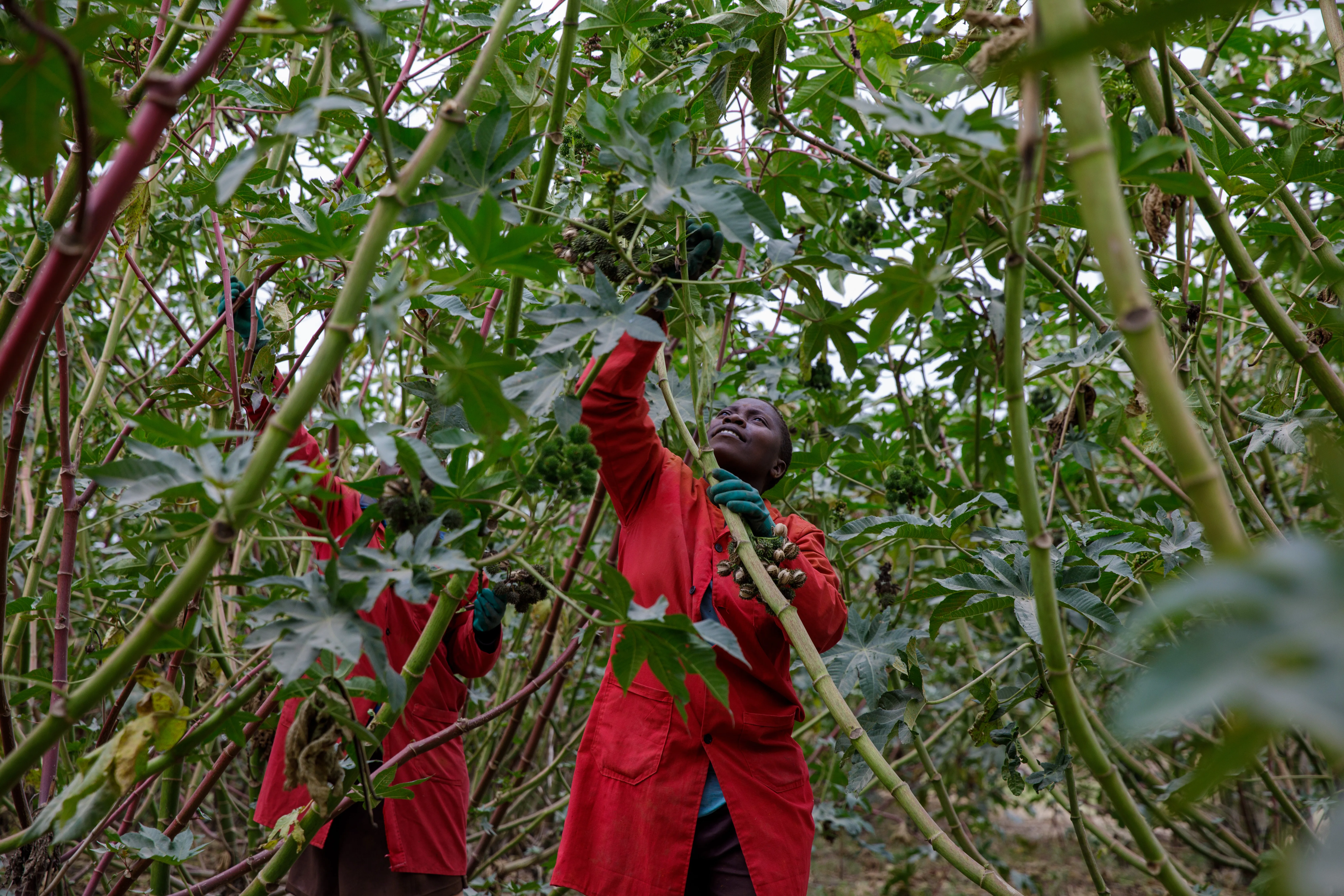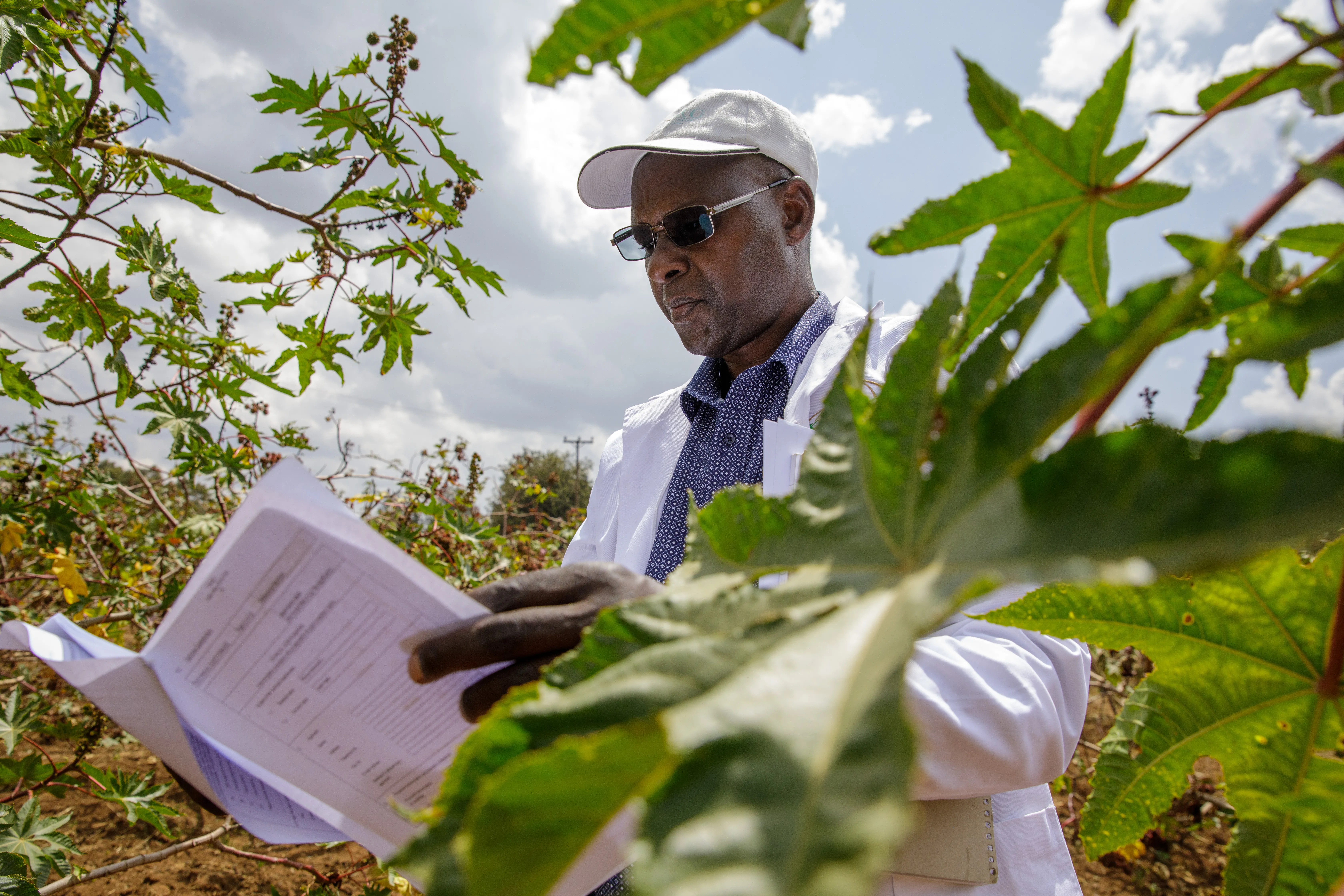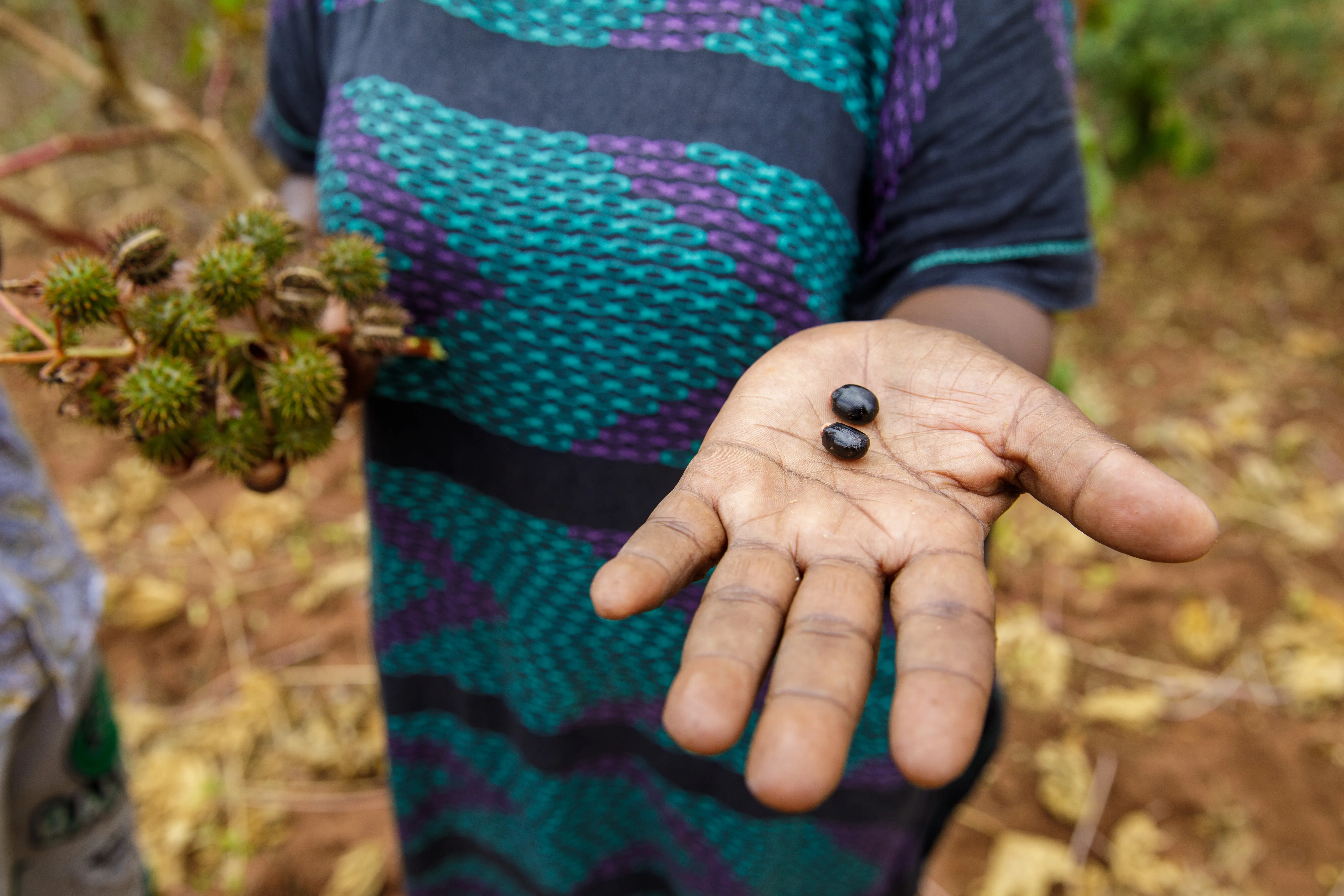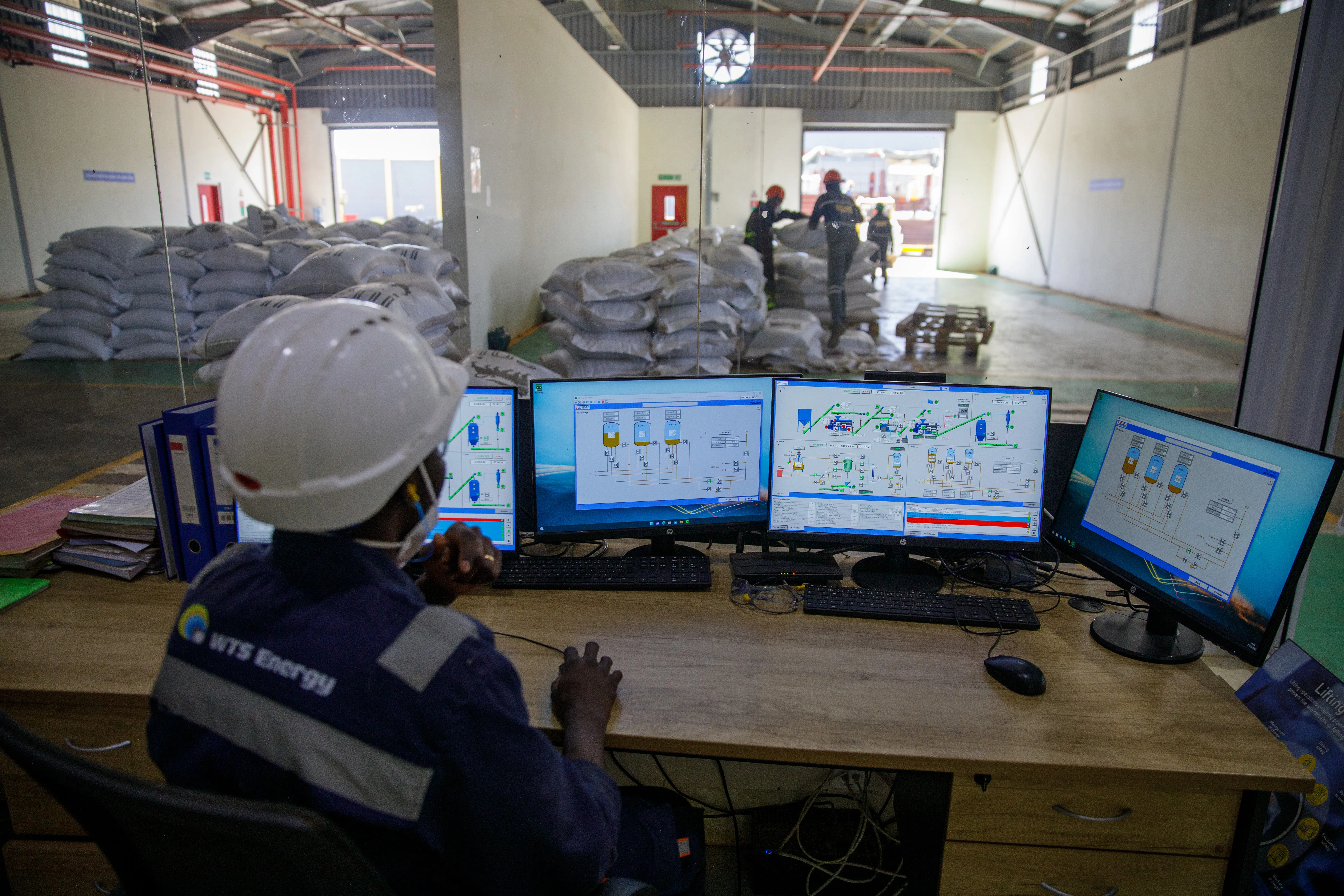Composition
Among these, the selected ones are those with the highest oil content. Its processing yields a non-food bio-oil that can be used to produce biofuels.
What can a small seed tell us?






Sustainability at the core
Sustainability is an intrinsic characteristic of these seeds, which regenerate semi-arid, abandoned or degraded land.

Not just seeds
The agri-feedstock project, which envisages the production of oils from oil seeds, is just one piece of our energy transition road. Today, Eni's biorefineries, which are used to transform biological raw materials into biofuels, are mainly fueled by waste raw materials from used cooking oil, animal fats and other biomass. The agri-feedstock project will be important to ensure an increasingly sustainable energy supply.
The agri-hubs
At the heart of Eni's vertical integration model of these initiatives there are the agri-hubs, the vegetable oil production plants into which the seeds flow, thanks to long-term contracts with local farmers.

July 2022
Eni inaugurated its first agri-hub in Kenya: a seed aggregation and pressing centre, from which two products result: vegetable oil, feed and fertilizer derive from processing by-products. Nothing is wasted, everything is used.
Only in Kenya, more than 80,000 small farmers
The seeds are harvested by small farmers, gathered in cooperatives or other associations.
